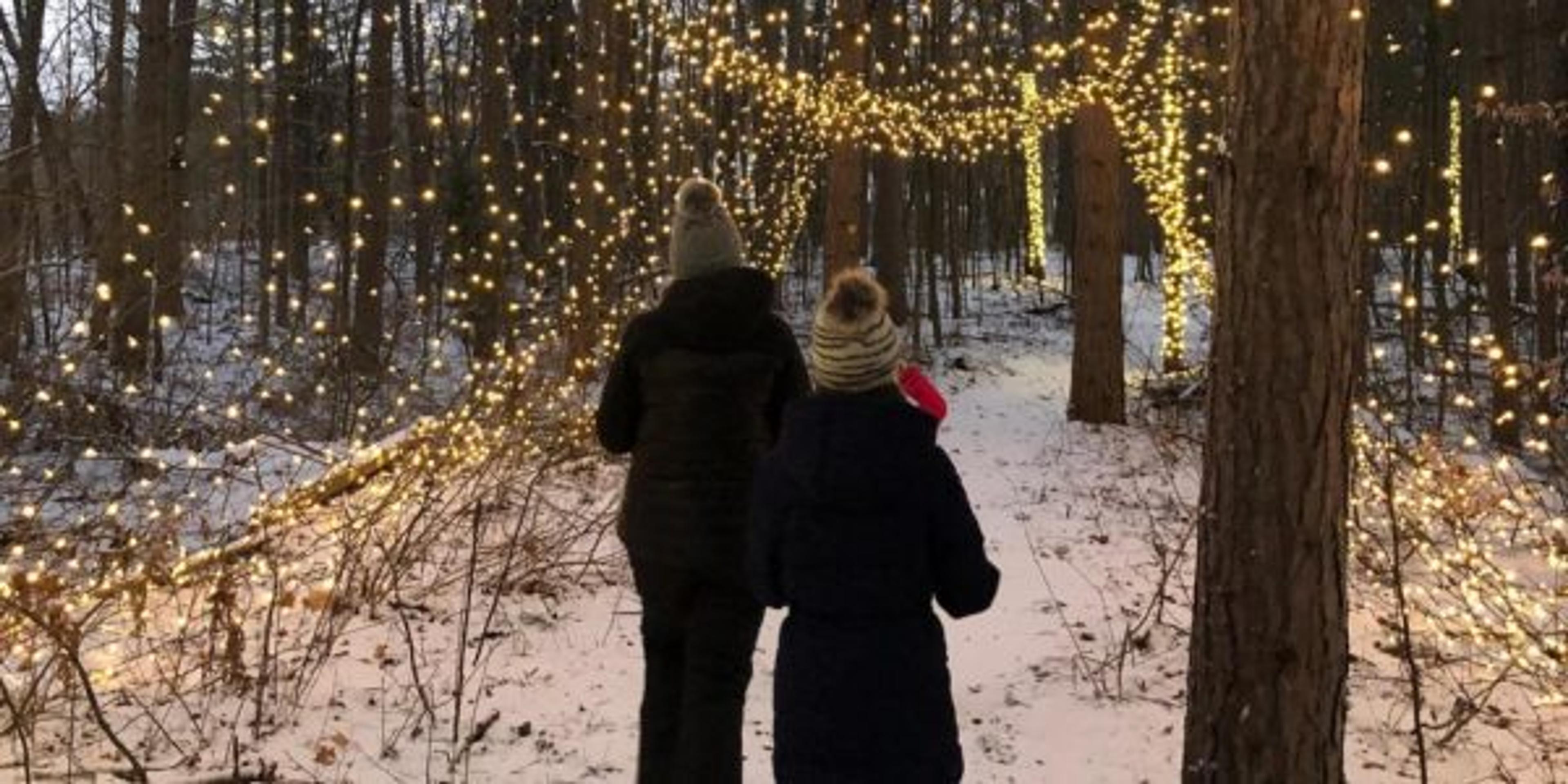Ways to Take Care of the Outdoor Itch in Michigan
Shandra Martinez
| 3 min read

We’ve firmly entered that Michigan season of ice, snow and sleet known as the “cold stretch.” To the dismay of many outdoor enthusiasts, this window can last into the middle of spring. It means a lot of us will start to hibernate, moving our workouts indoors or making empty promises to go to the gym regularly. Those who embrace winter will jump into this window of downhill skiing, fat tire biking through snow or gliding along cross-country ski trails. The rest of us might need a little nudging. But there are some fun ways to take care of that outdoor itch in Michigan.
Recognizing the particular health benefits of cold-weather exercise is the first step. According to Harvard Medical School, exercising outside in the winter can actually transform white fat – the type that accumulates around the thighs and belly – into brown fat, which burns calories. Outdoor workouts also expose people to more natural light, helping to stave off the seasonal affective disorder that makes some people feel blue during the colder months.
If getting outside more this winter is your goal, the easiest and safest ways are going to be walking, hiking or even donning snowshoes for a trek on a trail. We’re sharing some of our favorite trails for winter hikes from around the state.
Fred Meijer White Pine Trail, Grand Rapids area: This 100-mile recreational trail stretches from Comstock Park north to Cadillac. For those who want to avoid snowmobiles, stick to the section that runs from Comstock Park into Belmont and Rockford. You’ll find great tree-lined sections, riverfront views, and small-town shopping and restaurant options when you’re ready for a break. Bonus tip: Just south of the White Pine Trail in Comstock Park is Grand Rapids’ Riverside Park. This long waterfront park allows people to walk along the Grand River and has just enough interior roads to make for an interesting stroll.
Dequindre Cut, Detroit: The city’s waterfront riverwalk might get a lot of attention, but the Dequindre Cut Greenway is a two-mile urban recreational path that is a fun sightseeing spot for locals and visitors alike. It’s a pedestrian corridor linking the city’s famed Eastern Market area, the Easern Riverfront and lots of nearby neighborhoods. Watch for Instagrammable urban artwork along the way.
Northern Michigan ski resorts: If you’re already headed to the Lower Peninsula’s Ski Belt, be sure to check out the resorts’ four-season trails. Some are groomed for cross-country (if you are hiking or wearing snowshoes, kindly stay out of the ski tracks), while others are just for winter walking. Boyne Mountain, Shanty Creek, Treetops, and Crystal Mountain all have trails that fit this description. If you want to up the fun factor, check out the Enchanted Trail at The Highlands at Harbor Springs, which leads walkers past light-wrapped trees in a forest, delivering them to a yurt in the woods where a fireplace and bar await inside, with a bonfire and s’mores in the backyard.
Presque Isle Park, Marquette: This sprawling park that hugs the Lake Superior shoreline is among the most-visited spots in this Upper Peninsula county for some breathtaking reasons. Its scenery is jaw-dropping, whether you’re looking out over the expanse of the largest Great Lake or winding through one of the many trails in the park’s forested areas. In the winter, you might even see a snowy owl.
Related:
Photo credit: Julie Rogers





